Sudan
Sudan’s economy has been limping since the south of the country seceded in 2011, taking with it three-quarters of its oil output.
Bread shortages have hit the country, with wheat traders blaming a foreign currency crisis for shortages of the staple that have left people queuing for hours outside bakeries.
“The economic situation used to be good and the purchasing power people had was reasonable, but conditions are bad now, the goods are expensive, and so people are unable to buy them,” said Hussin Osman, a shop keeper
The situation was further worsened when the Sudanese pound was devalued, making it hard to import essential supplies such as wheat.
According to the State Statistical Agency, inflation rose to 68.93% in November from 68.44% in October. It has increased constantly despite government attempts to contain the hike in prices by strictly limiting cash withdrawals.
For his part, Khartoum resident, Marwa Mageed said “the living conditions in Sudan are deteriorating. We have queues everywhere, for fuel, and at ATMs. You can’t even withdraw your money from the bank. You can’t get your salary. Everything has become very expensive and we don’t know what is happening. It feels like there’s a ticking bomb and we don’t when it will explode.”
Sudan’s cabinet said on Tuesday (December 19) that it expects a big rise in exports and a reduced budget deficit next year.




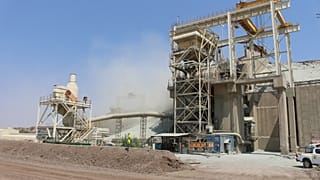
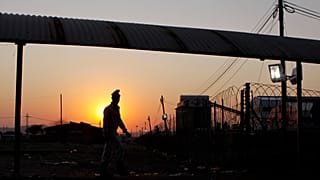

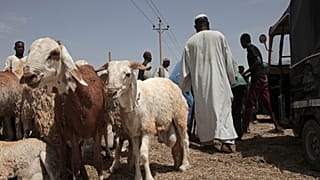
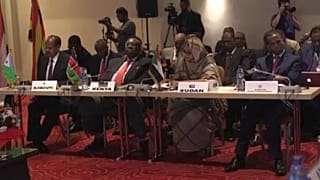
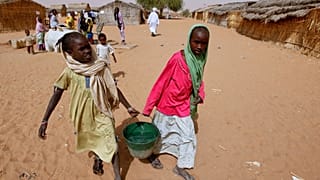
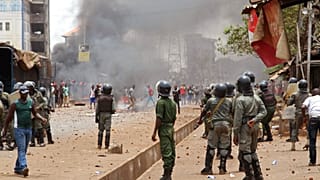


01:15
Malawi: supply stocks improve, but fuel crisis far from over
01:12
Ghana consumer inflation sinks to five-year low
01:55
One year into M23 control, residents are struggling to get by in DRC's eastern capital
01:32
Sudan: Volunteers plant trees to make Khartoum greener amid reconstruction
01:51
Three years after war damage, Khartoum’s Bahri Hospital reopens amid economic struggles
01:34
Urgent call for aid as Sudan's crisis approaches third year